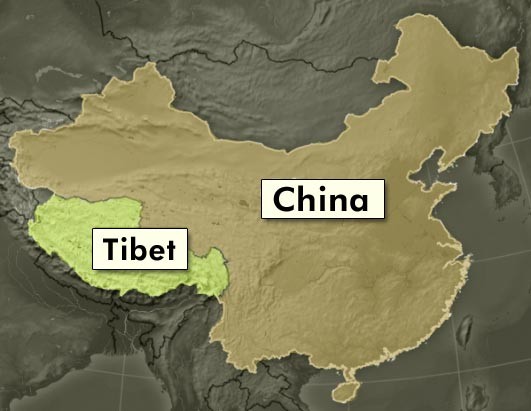The Tibet Autonomous Region in Southwest China has announced that it has eased its family-planning policy and is now allowing couples to have two children on the condition that one of the parents is an only child.
Tibet's Health and Family Planning Commission Director Phurbu Drolma said that the new policy would take effect on Thursday, according to Xinhua News Agency.
Chinese ethnic minority groups, which include Tibetans, are already allowed to have a second baby under China's family planning policy, which the government began to implement in the late 1970s. The new relaxation of the policy mainly targets the Han population of Tibet.
A rise in Tibet's population was seen in the years between 2003 and 2013, with the number of Tibetans growing to 3.12 million at the end of that decade from only 2.72 million.
The easing of China's one-child policy began in November 2013, when the Communist Party of China (CPC) approved the reform plan during the Third Plenary Session of the 18th CPC Central Committee.
Tibet is the 30th provincial-level region to implement the change, while the Xinjiang Uygur Autonomous Region is the last one that has not followed suit.
In a recent report from the National Health and Family Planning Commission, 90 percent of the 700,000 Chinese couples who applied for a second child got a permission. However, the turnout was still below the expected number, said the commission.
China's one-child policy was promulgated to counter the country's population growth in the 1970s.



























